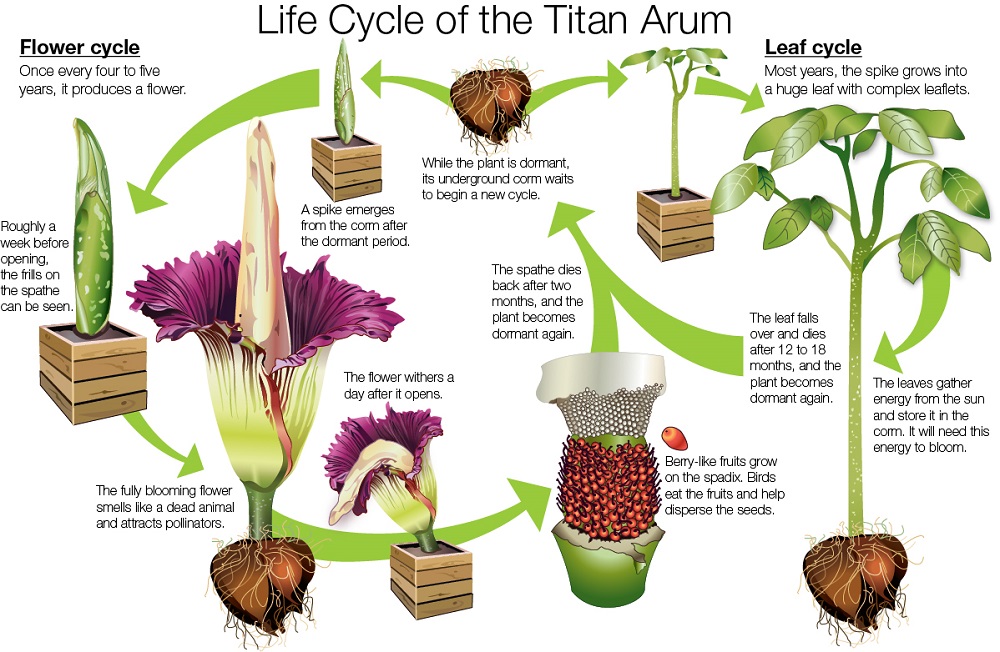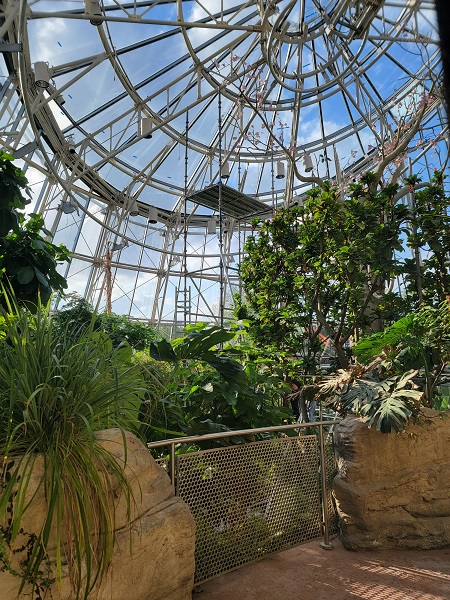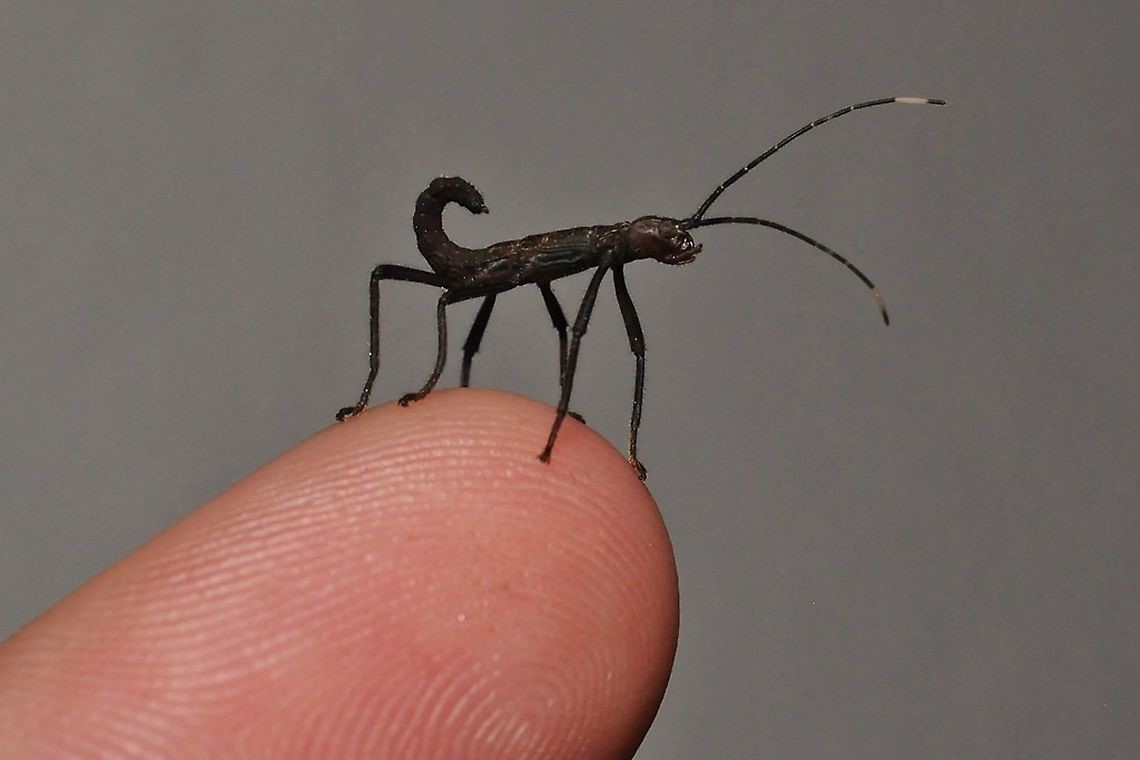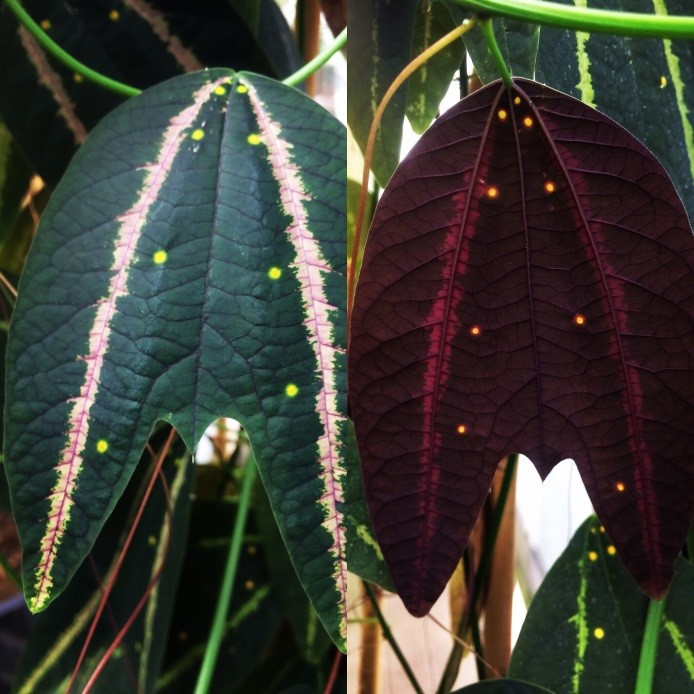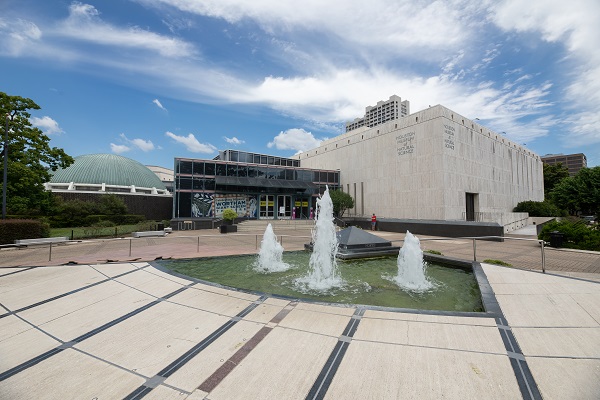For the next several paragraphs, we’ll be talking about a few very special flying creatures (and some others) that are called pollinators — to whom we owe huge thanks for providing much of the food we eat!
Without these pollinators to carry their pollen from flower to flower, plants could not form fruits or seeds to reproduce themselves and feed our whole ecosystem of hungry animals — including humans. Did you know that at least one of every three bites you take is thanks to a pollinator? (More if you are vegetarian.)
 Although the world’s pollinators include many of the animals you’d expect and more (e.g., also butterflies, beetles, monkeys, even some rodents and lizards), the most important pollinators of our fruit and vegetable crops are insects, particularly bees. Unfortunately, today many pollinators are in danger due to habitat loss, overuse of insecticides, and other factors. To learn more about the threats facing pollinators and what you can do to help, visit the Pollinator Partnership’s webpage at pollinator.org.
Although the world’s pollinators include many of the animals you’d expect and more (e.g., also butterflies, beetles, monkeys, even some rodents and lizards), the most important pollinators of our fruit and vegetable crops are insects, particularly bees. Unfortunately, today many pollinators are in danger due to habitat loss, overuse of insecticides, and other factors. To learn more about the threats facing pollinators and what you can do to help, visit the Pollinator Partnership’s webpage at pollinator.org.
National Pollinator Week, June 16-23 this year, was initiated by a group of biologists calling themselves the “Pollinator Partnership,” whose goal was to bring the public’s attention to the vital ecosystem services provided by pollinating bees, butterflies and moths, beetles, birds, and bats — and to make people aware of the urgent issue of their declining populations.
Seven years ago, the U.S. Senate voted unanimously to designate a week each June to commemorate the importance of pollinators. Pollinator Week has now grown to be an international celebration.
 From feasting to beekeeping, learn more about the efforts of these hardworking — and essential — animals in three special events planned for National Pollinator Week.
From feasting to beekeeping, learn more about the efforts of these hardworking — and essential — animals in three special events planned for National Pollinator Week.
 Behind-the-Scenes Tour of the Cockrell Butterfly Center
Behind-the-Scenes Tour of the Cockrell Butterfly Center
Tuesday, June 17, 6 p.m.
In addition to the Butterfly Center and Insect Zoo, you will visit the containment room and rooftop greenhouses — areas not open to the public where staff cares for the Museum’s butterflies and other insects. Kids 5 and above welcome! Click here for ticket info.
 Beekeeping Class
Beekeeping Class
Wednesday, June 18, 6 p.m.
From the tools and techniques needed to start your own apiary to tips of daily life with bees, beekeeper Shelley Rice will share the basics of starting your own beehive and how to harvest wax and honey naturally and safely. Participants will meet at Shelley’s private apiary. Advance registration required. Click here for ticket info.
 Cultural Feast: A Culinary Cultivation — All About the Birds and the Bees
Cultural Feast: A Culinary Cultivation — All About the Birds and the Bees
Sunday, June 22, 6 p.m.
In the perfect kick off to summer, join the staff of the Cockrell Butterfly Center at Haven for a five-course meal showcasing the contributions of bees and other pollinators to our food sources prepared by chef Randy Evans. Culinary historian Merrianne Timko will discuss the culinary history of these pollinator-focused ingredients. Advance reservations required by June 16. Click here for more information and to purchase tickets online.


